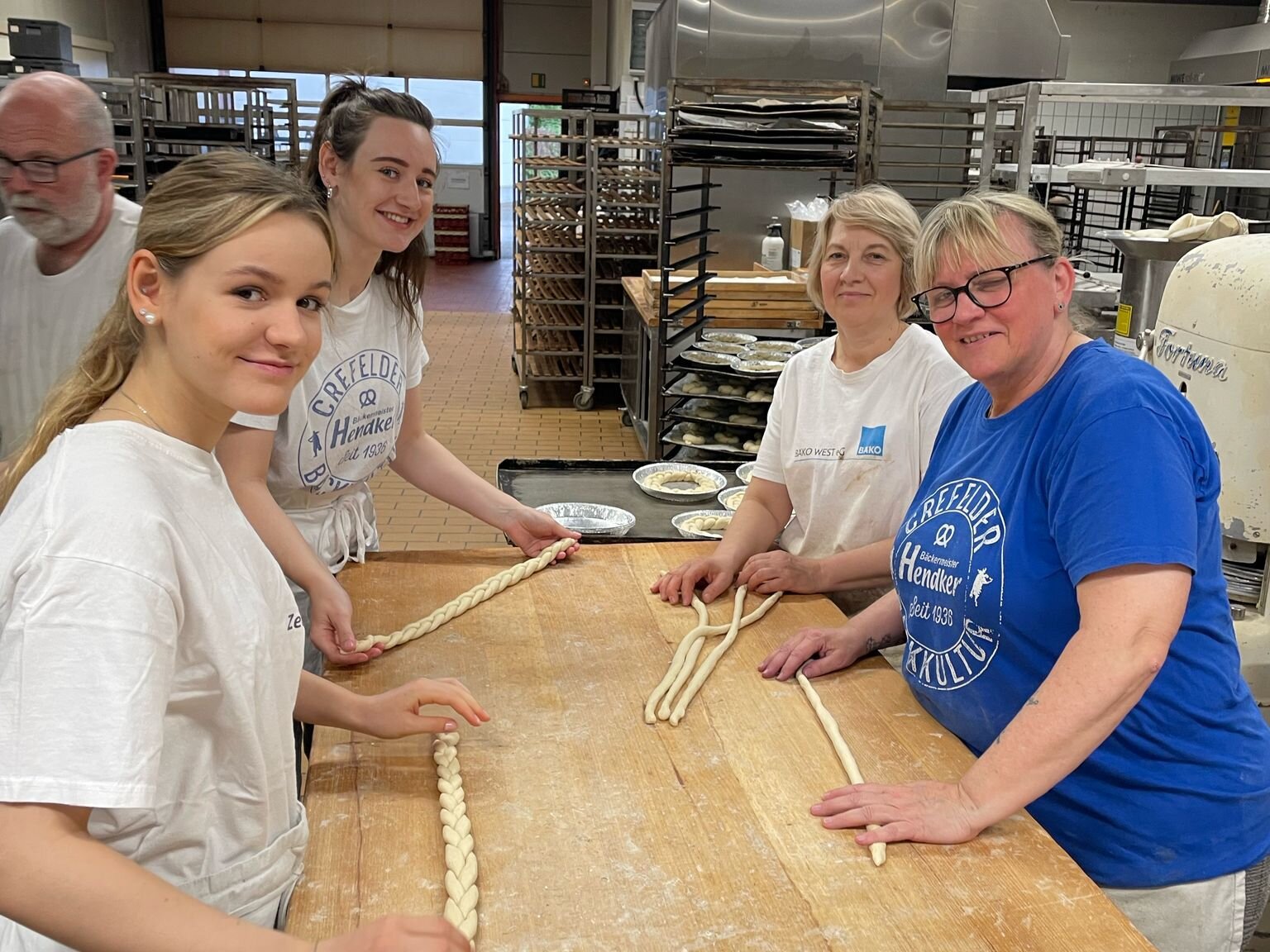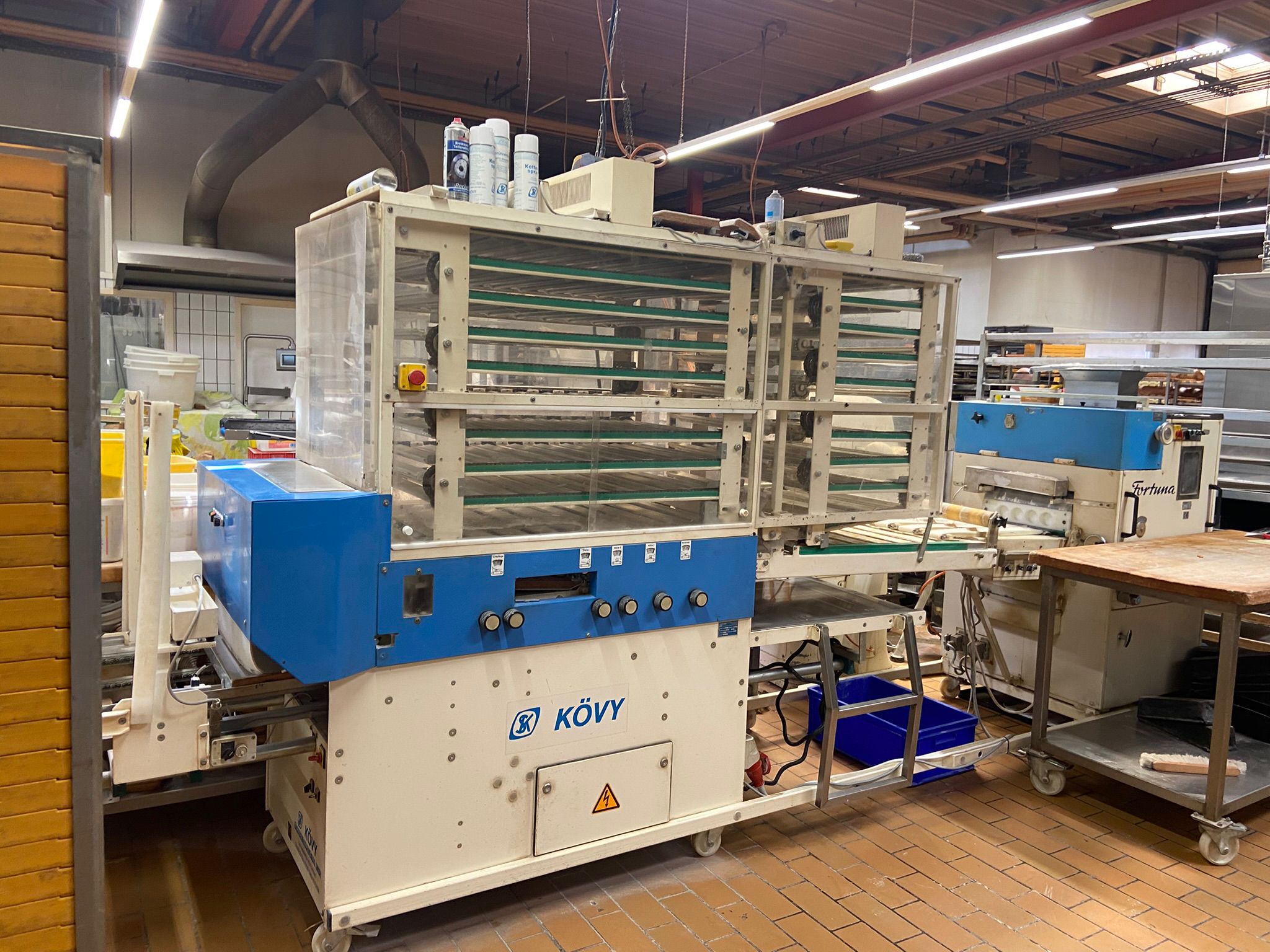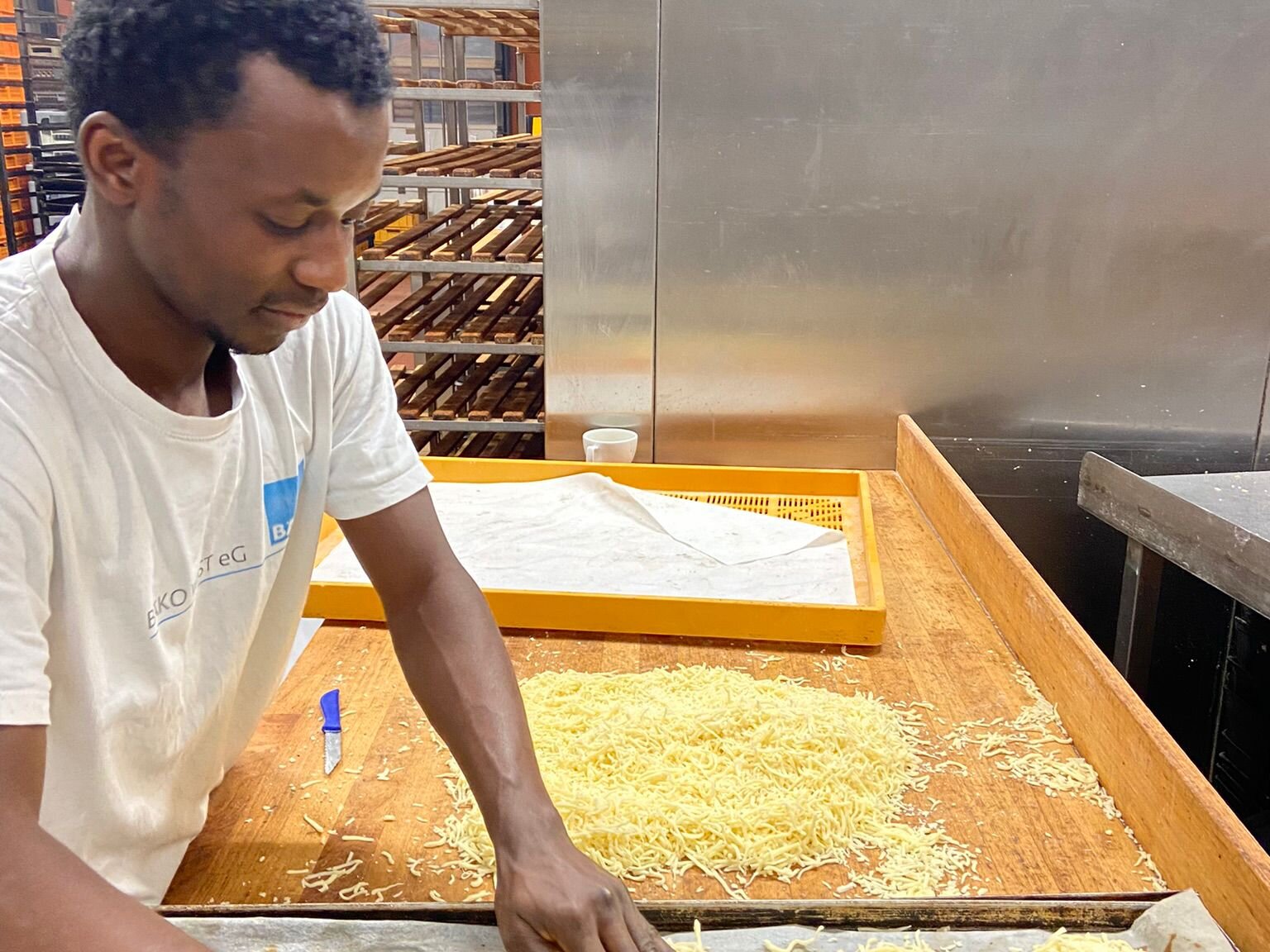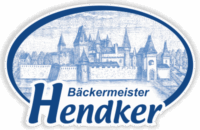
©Bäckerei Hendker GmbH
Smart baking: How digital planning makes bakeries more profitable
CHALLENGE #1
How can staff be specifically and efficiently supported in back planning?
CHALLENGE #2
How can daily back planning be automated and data-based optimised?
CHALLENGE #3
What is the best ratio of costs, benefits and ROI in high-practice performance?
About the project
Project objectives
The aim of this project was to introduce an innovative, digital back-planning system that would: accurately predict daily sales and production volumes. The idea is that Cash data, historical sales figures and standard orders are analysed intelligently to enable production to be responsive and efficient for all branches – without overproduction or bottlenecks.
A key concern was the selection of low-maintenance, user-friendly software that: insert. However, the system should be able to process more than only traditional ordering and sales data. External factors, such as weather forecasts, public holidays or local events, are also automatically taken into account in planning – for even more accurate forecasting and optimal production management.
However, the new backplanning system not only brings more efficient internal processes, but also significantly improves the customer experience: Through continuous availability of goods, fresh baker’s wares to the end of the shop and a benefit both customers and the company. In doing so, the project makes an important contribution to the digital transformation of the bakery, while strengthening its .
Baseline
Hendker’s bakery is a traditional, medium-sized family business with 100 employees and 14 branches. While in day-to-day operations they already rely on digital cash systems and semi-automated order processing, back planning has so far been done purely manually, without the support of a .
Consequence: Typical challenges of the bakery industry – such as overproduction or underproduction – were particularly encountered in seasonal fluctuations, weather-related changes in demand or regional events. This not only led to unnecessary returns; , “but it was also difficult to guarantee continuous availability of goods until the shop close.
In addition, local specificities such as: or different customer preferences were often too short in planning. External influences, such as public holidays, holiday periods or regional events, have so far not been systematically taken into account either.
This situation gave rise to a clear need to make targeted use of existing sales data in order to build reliable, automated needs planning. The solution should either be developed in the form of a dedicated forecasting system or by introducing a implemented – compatible with existing systems and easy to integrate.

©Bäckerei Hendker GmbH
DESCRIPTION OF COMPANY
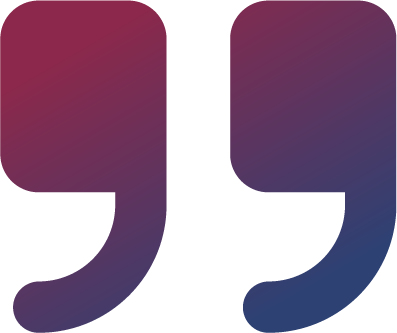
The structured and practical support provided by the Saarland EDIH helped us to find the digital way that suits us. Independent analysis of the available software solutions was particularly valuable – this allowed us to make sound decisions and to tackle our digitisation project with much greater certainty.
Luisa Hendker
Authorised representative
Approach
The project kicked off a , which looked closely at the existing processes of back-planning and identified the current challenges. This revealed: It is true that there were before, but they were not evaluated by an intelligent system. The daily back-up planning was carried out instead — based on past sales. A time-consuming process with limited accuracy that allowed room for optimisation.
Instead of directly addressing self-development, the company relied on: . To this end, various industry software solutions have been researched in Germany, Europe and internationally, with the aim of finding suitable suppliers that meet the specific requirements of the bakery. Particular attention was paid to: , to minimise language barriers and support challenges from the outset.
The next step was a detailed comparison of the eligible providers against clearly defined criteria:
- into the existing IT landscape (cash, goods sector)
- of the solution
Three promising suppliers emerged from this systematic selection process: have been managed. The focus was on the specific ranges of functions that: and of for the Hendker bakery.
In parallel to the selection of software: researching the acquisition, introduction and training of the new solution could be an important step to secure the investment in the long term.
Result of the project
From the Group of Experts Hendker’s bakery now has a clear and well-informed basis for choosing a suitable digital backplanning system. The comprehensive market prospection brought to light several suitable suppliers that not only meet the technological requirements – such as interfaces, forecasting accuracy and operability – but also convince economically.
With this basis, the company can now take the final decision and start directly into the implementation phase. In parallel, the following have already been: identifies that financially support the introduction and training of the new solution – an important step towards cost-effective digitalisation.
But this project is not only a success for the Hendker bakery: It also serves as a valuable example of practice for other medium-sized bakeries. It shows how the targeted use of data and digitalisation not only makes processes more efficient, but also an important one may be performed.
The market prospection has also made it clear: Many service providers have recognised and offer efficient back-up planning an. A decisive factor in each bakery’s choice is the following: — this is because, although the range of operators’ functions differs only marginally, it is often the case that the difference.


